Magnetic Locating Theory Overview

Magnetometers work by detecting the ambient magnetic fields emanating from natural ferromagnetic minerals, such as Iron, austenitic stainless steels, cobalt and nickel.
These changes are then translated into audio and visual signals, which can guide the operator to the object's precise location.
Module Learning Outcome.
Find out the answers to the following questions.
Video for this page. Overview of Magnetic Locating. (54 Seconds)
Listen to this page. Audio Summary Version for Overview of Magnetic Locating. (54 Seconds)
What is the difference between "Ferromagnetic" and "non-ferromagnetic"?
|
|---|
|
|---|
|
|---|
Can Steel pipes and targets be located with a magnetometer or magnetic locating? Most construction steel materials are non-ferrous austenite stainless steels, and cannot be located by magnetic locators. However Martensitic Steel are magnetic, however they are usually used for springs, medical tools, knives and rarely used for utility piping. |
 Ferromagnetic Metal Examples
Ferromagnetic Metal Examples
Cast Iron, Iron Pipes: Rusted old buried iron pipes
|
|---|
 Nickel Alloy Pipes are not common but are used in a high temperature applications in high corrosion industrial factory settings. |
|
|---|
|
|
|---|
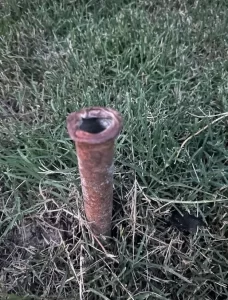
Surveys Property Marker 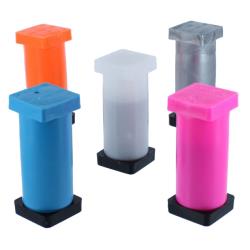
Underground Magnetic Markers for Surveys |

 Non-Ferromagnetic Metals
Non-Ferromagnetic Metals TIP: Steel
TIP: Steel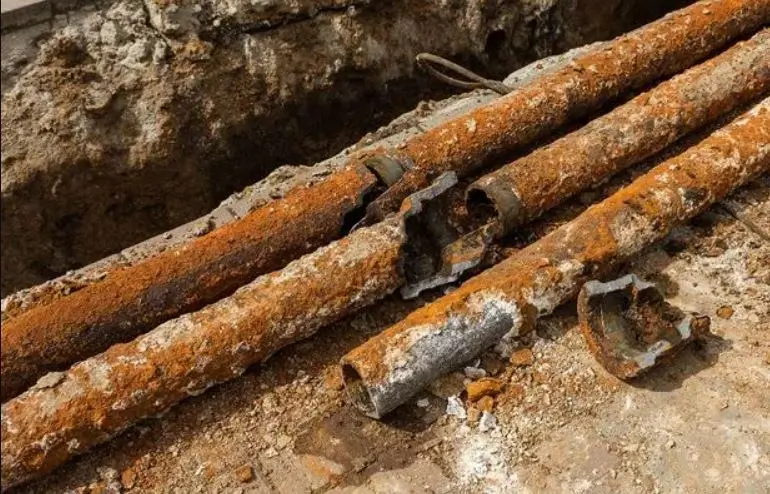
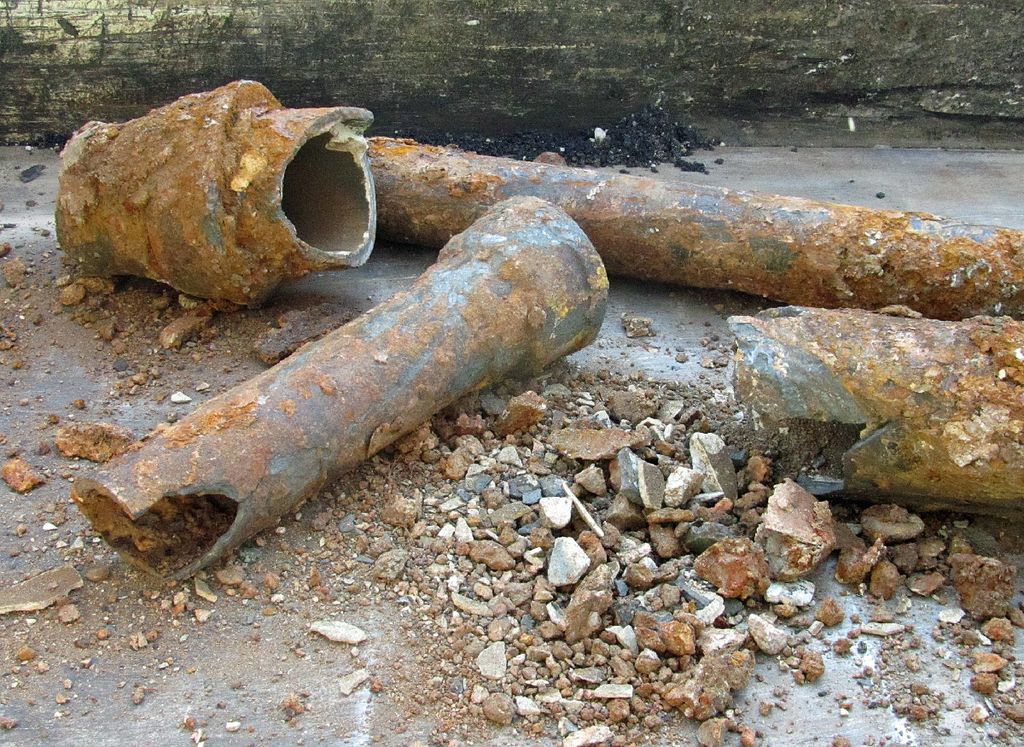
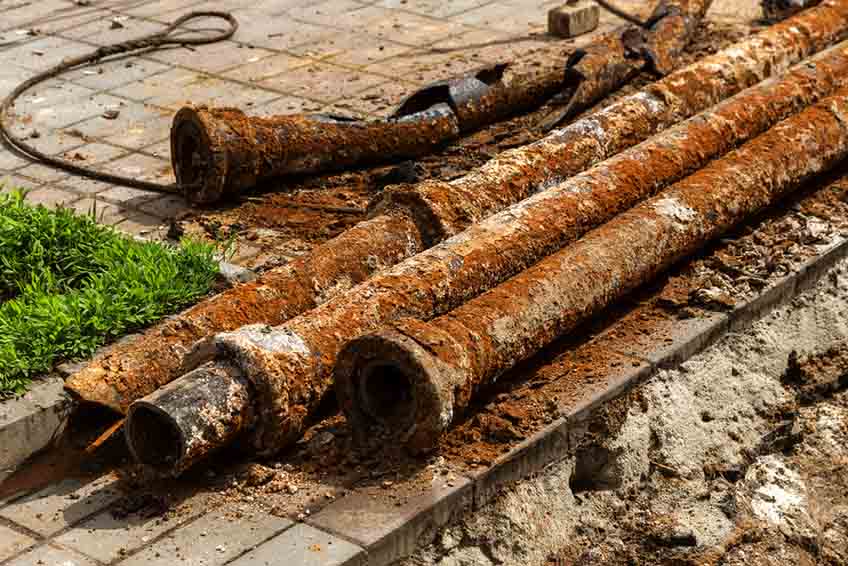
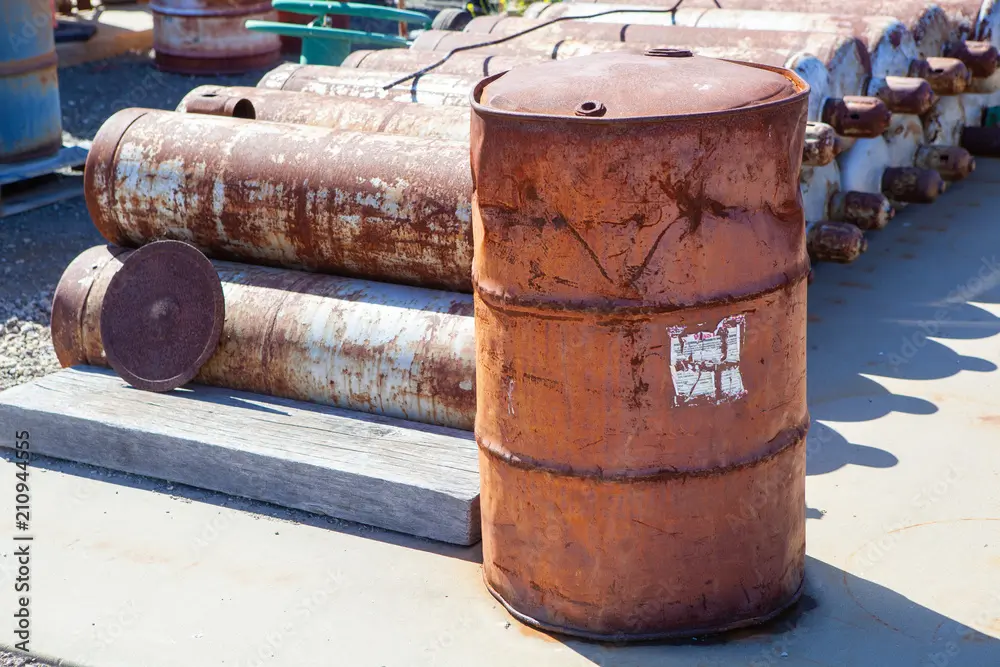
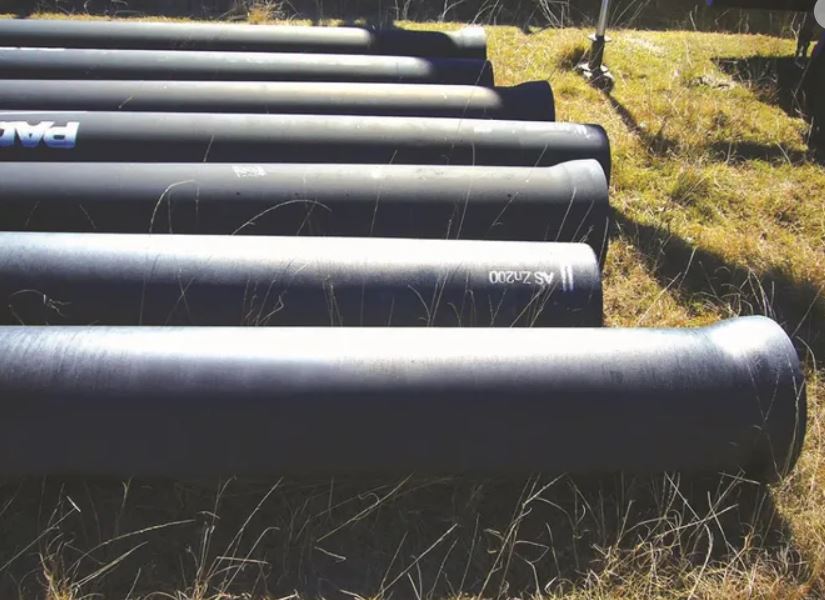
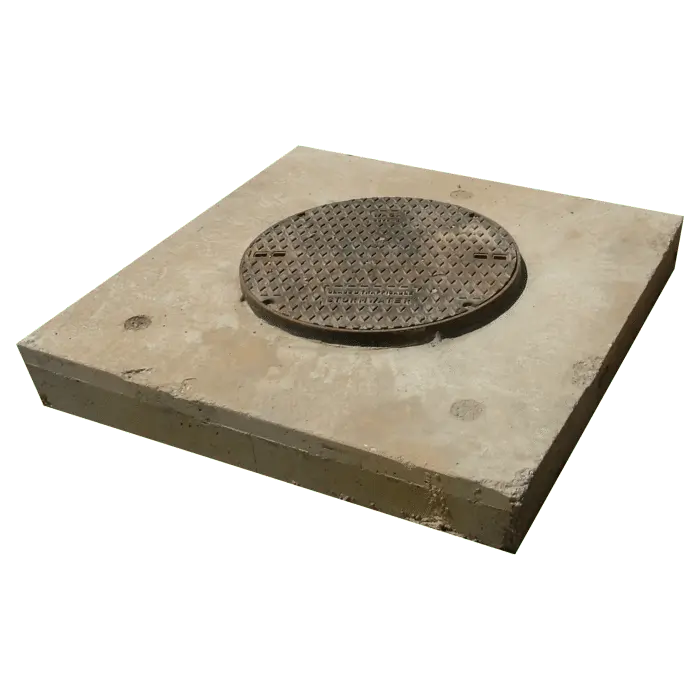
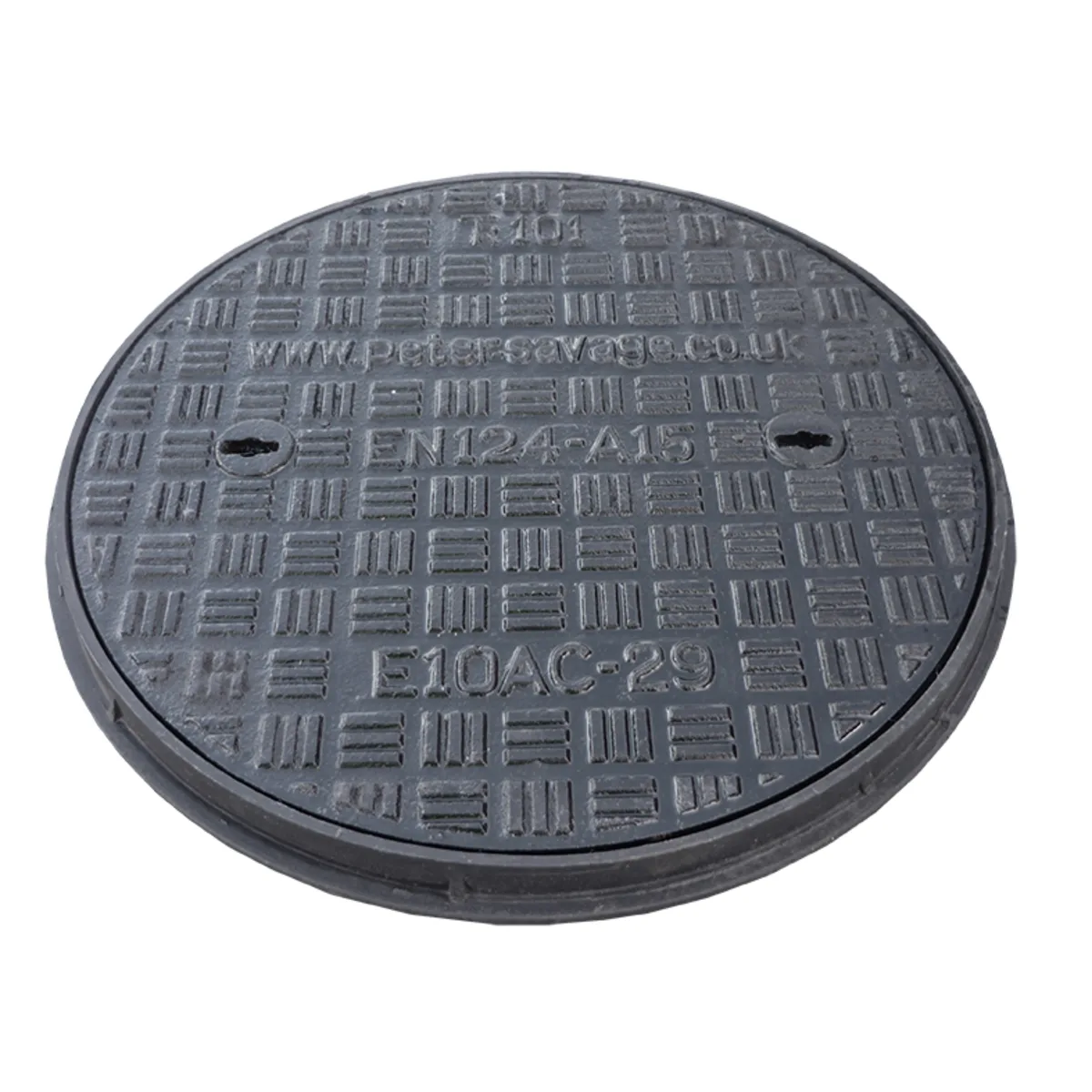
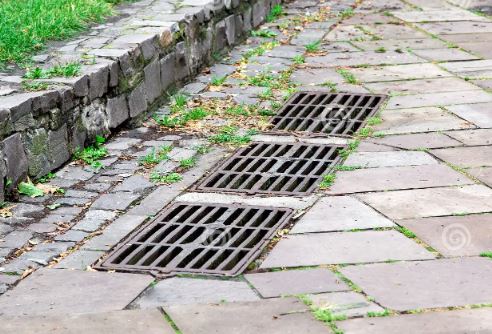
 TIP: Survey Markers, Magnetic Markers.
TIP: Survey Markers, Magnetic Markers. The below images are ferrous markers that can be located with magnetic locating. Only specific Surveyor markers can be detected magnetically. Copper or brass survey markers cannot be detected by magnetic locators .
The below images are ferrous markers that can be located with magnetic locating. Only specific Surveyor markers can be detected magnetically. Copper or brass survey markers cannot be detected by magnetic locators . Theory of Magnetic & Magnetometers
Theory of Magnetic & Magnetometers Advantages of Magnetometers Locating
Advantages of Magnetometers Locating Limitations of Magnetic Fields
Limitations of Magnetic Fields Conclusion of Magnetic Utility Locating
Conclusion of Magnetic Utility Locating
 Magnetic Utility Locating Quiz
Magnetic Utility Locating Quiz